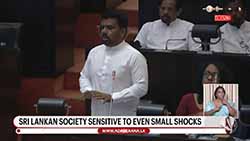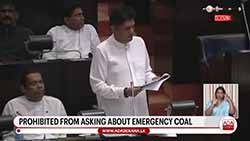Tagore favoured Buddhist control over Bodh Gaya shrine
March 6, 2013 08:20 am
Buddhist demanding undiluted control over the Bodh Gaya shrine management got a shot in the arm as researchers have come across an article penned by Nobel laureate Rabindra Nath Tagore favouring Buddhist control over the Bodh Gaya shrine, the seat of Buddha’s enlightenment.
The Martibhumi journal article, written by Tagore in the year 1922, almost three decades after Angarika Dharmapala, a Buddhist missionary from Sri Lanka launched the struggle for Buddhist control over the shrine and subsequently established Mahabodhi Society for the revival of Buddhism in the land of its birth.
“I am sure it will be admitted by all Hindus who are true to their own ideals that it is an intolerable wrong to allow the temple raised on the spot where Buddha attained enlightenment to remain under the control of rival sect, which can neither have an intimate knowledge of, nor respect for Buddhist religion and its right of worship” wrote Tagore.
Attempts to find a solution to the somewhat vexed issue of Buddha shrine management have been going on for quite sometime now. Whereas the neo Buddhists want the Temple Act 1949 repealed to pave the way for the constitution of an all-Buddhist committee to manage the shrine affairs, former governor RS Gavai and religious trust board chief Acharya Kishor Kunal worked on a compromise formula to end the controversy.
As per the Gavai-Kunal formula, the Hindu representation in the nine-man committee has to be brought down to four from the existing five to make the temple management committee more balanced. Besides reducing the number of Hindus in the temple Committee, the Gavai-Kunal formula also wanted the post of committee chairman to be made religious neutral and the post of secretary reserved for the Buddhists.
According to the existing Act, the Gaya district magistrate is the ex officio chairman of the committee provided he/she is a Hindu. In the case of Gaya DM being a non-Hindu, the state government is under obligation to nominate a Hindu as the chairman of the temple committee. Such a situation has arisen only once ever since the Act came into being in the year 1949. When KM Zuberi became Gaya DM in the sixties of the last century, the state government nominated Jugeshwar Prasad Khalish, MLC, as the chairman of the shrine management committee.
A final call on the Gavai-Kunal formula is to be taken by the state government, Times of India reports.












